Wear Your Values: Choosing Local and Ethical Fashion Over Fast Fashion Imports
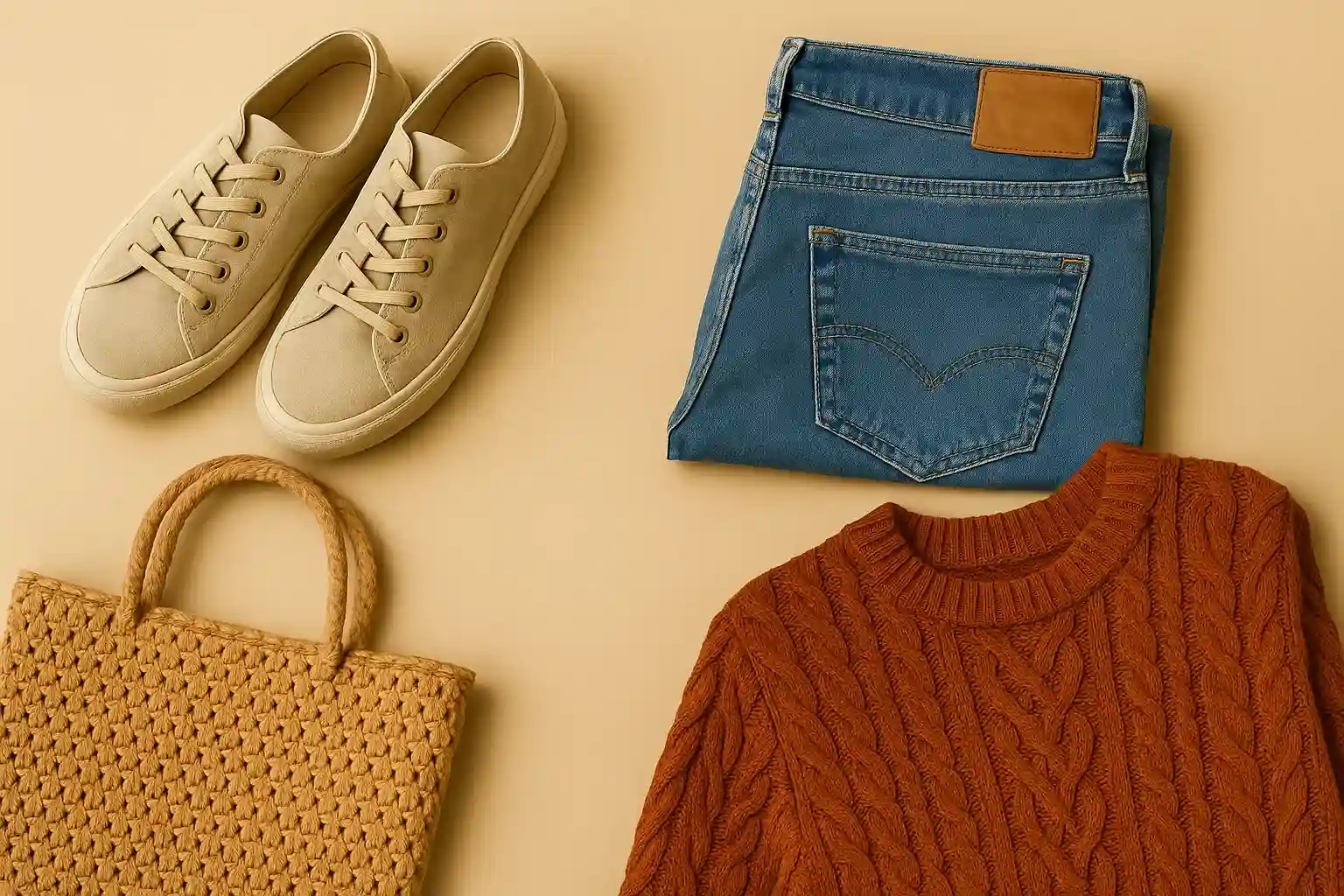
The global fashion industry, with its ever-accelerating trends and readily available, inexpensive garments, has transformed the way we clothe ourselves. The allure of fast fashion imports, offering trendy styles at affordable prices, is undeniable. However, this convenience often comes at a significant cost, both environmentally and socially. The rapid production cycles, complex global supply chains, and intense pressure to minimize costs in the fast fashion industry frequently lead to environmental degradation, exploitation of labor in developing nations, and a disconnect from the communities where our clothes are made. Recognizing these detrimental impacts, a growing movement is advocating for a more conscious and ethical approach to fashion consumption, prioritizing local, handmade, and ethically produced alternatives over the environmentally and socially problematic realm of fast fashion imports.
The environmental consequences of fast fashion imports are extensive and far-reaching. The production of cheap, trend-driven garments requires vast amounts of water, energy, and often toxic chemicals for dyeing and finishing. The long distances involved in global supply chains, from raw material sourcing to manufacturing and final distribution, contribute significantly to greenhouse gas emissions from transportation. Furthermore, the short lifespan of many fast fashion items leads to massive amounts of textile waste ending up in landfills, where they can take decades to decompose and release harmful substances. Socially, the fast fashion industry has been linked to poor working conditions, low wages, unsafe environments, and the exploitation of garment workers, often in developing countries where labor laws are less stringent. The relentless pressure to produce quickly and cheaply often compromises worker well-being and basic human rights.
Fortunately, a growing number of designers, artisans, and cooperatives are offering compelling alternatives to the fast fashion import model. By consciously choosing local ethical brands that prioritize fair labor and sustainable practices, opting for unique and handcrafted handmade clothing, or supporting textile co-ops that empower artisans and communities, we can make fashion choices that align with our values and contribute to a more just and environmentally responsible industry. These alternatives often emphasize quality, durability, and a connection to the people who make our clothes, fostering a more mindful and sustainable relationship with our wardrobes.
Dressing with Intention: Exploring Ethical Fashion Alternatives
Moving beyond the fast fashion import model opens up a world of more sustainable and socially responsible ways to clothe ourselves:
Local Ethical Brands: Supporting Your Community and Responsible Practices
Choosing local ethical brands directly supports your community's economy and often ensures greater transparency and accountability in production practices. Local designers and manufacturers are often more directly involved in their supply chains, allowing for better oversight of labor conditions and environmental impact. These brands often prioritize quality, durability, and timeless designs over fleeting trends. Exploring local boutiques, design studios, and craft fairs can uncover unique and ethically produced garments that reflect your personal style while supporting responsible businesses in your area.
Handmade Clothing: The Art of Sustainable Craftsmanship
Opting for handmade clothing from independent designers or artisans offers a truly sustainable and unique approach to fashion. Handmade garments are often crafted with care and attention to detail, using high-quality and natural materials. Supporting handmade clothing reduces the demand for mass-produced fast fashion and celebrates the skill and artistry of individual makers. Platforms like Etsy connect you with a vast network of independent designers and artisans creating beautiful and sustainable clothing. Choosing handmade ensures that your garments are made with intention and often with a lower environmental footprint.
Textile Co-ops: Empowering Artisans and Communities
Supporting textile co-ops directly empowers artisans and communities, often in developing countries, by ensuring fair wages, safe working conditions, and sustainable production practices. These cooperatives often preserve traditional textile techniques and utilize natural and locally sourced materials. Brands like No Nasties, Proclaim, and People Tree partner with fair trade organizations and textile co-ops, offering stylish and ethically produced clothing that makes a positive social and environmental impact. Choosing to purchase from these brands directly supports the well-being of the artisans who create our clothes and promotes a more equitable and sustainable fashion industry.
Weaving a Sustainable Wardrobe: Conscious Choices
By consciously choosing local ethical brands, handmade clothing, and supporting textile co-ops over fast fashion imports, we can align our fashion choices with our values, contributing to a more just and environmentally responsible industry.
Related Blogs
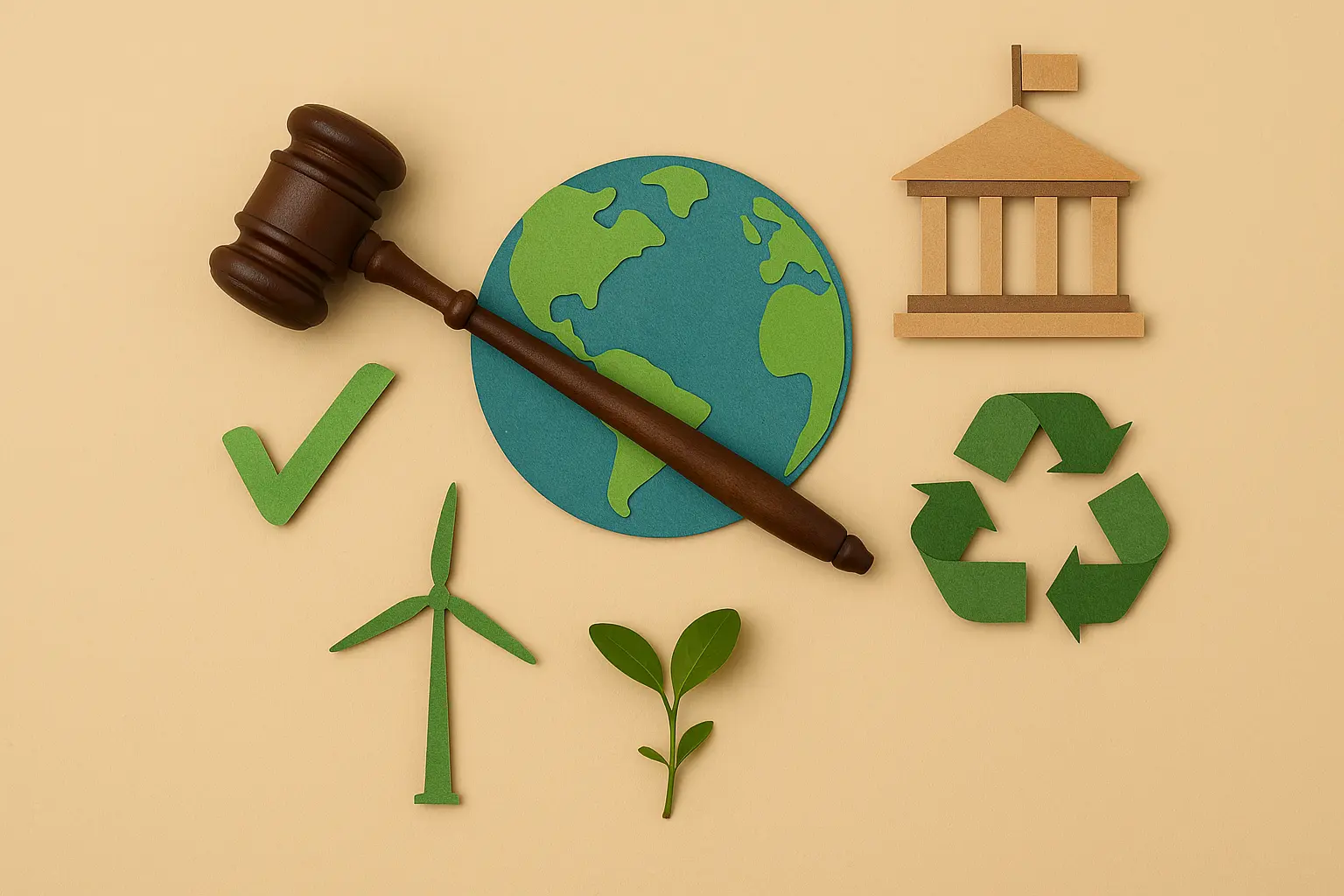
Glimmers of Progress: Ten Policy Victories That Advanced Planetary Health in the Past Year
Insights on how environmental policy affects you (even if you don’t vote) in a sustainable way.
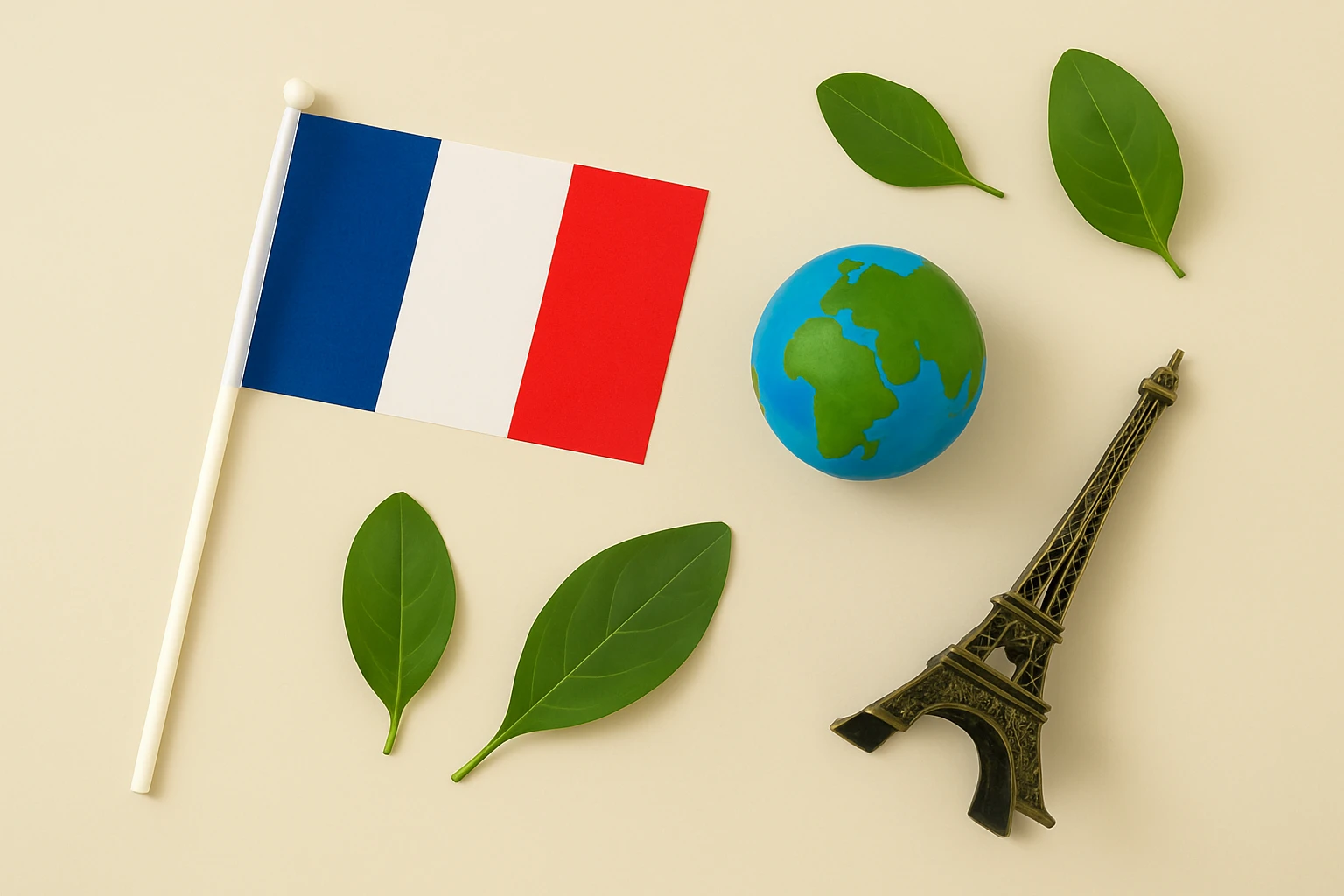
Decoding the Global Commitment: A Breakdown of the Paris Agreement and the Path Forward
Insights on a breakdown of the paris agreement (and what’s next) in a sustainable way.
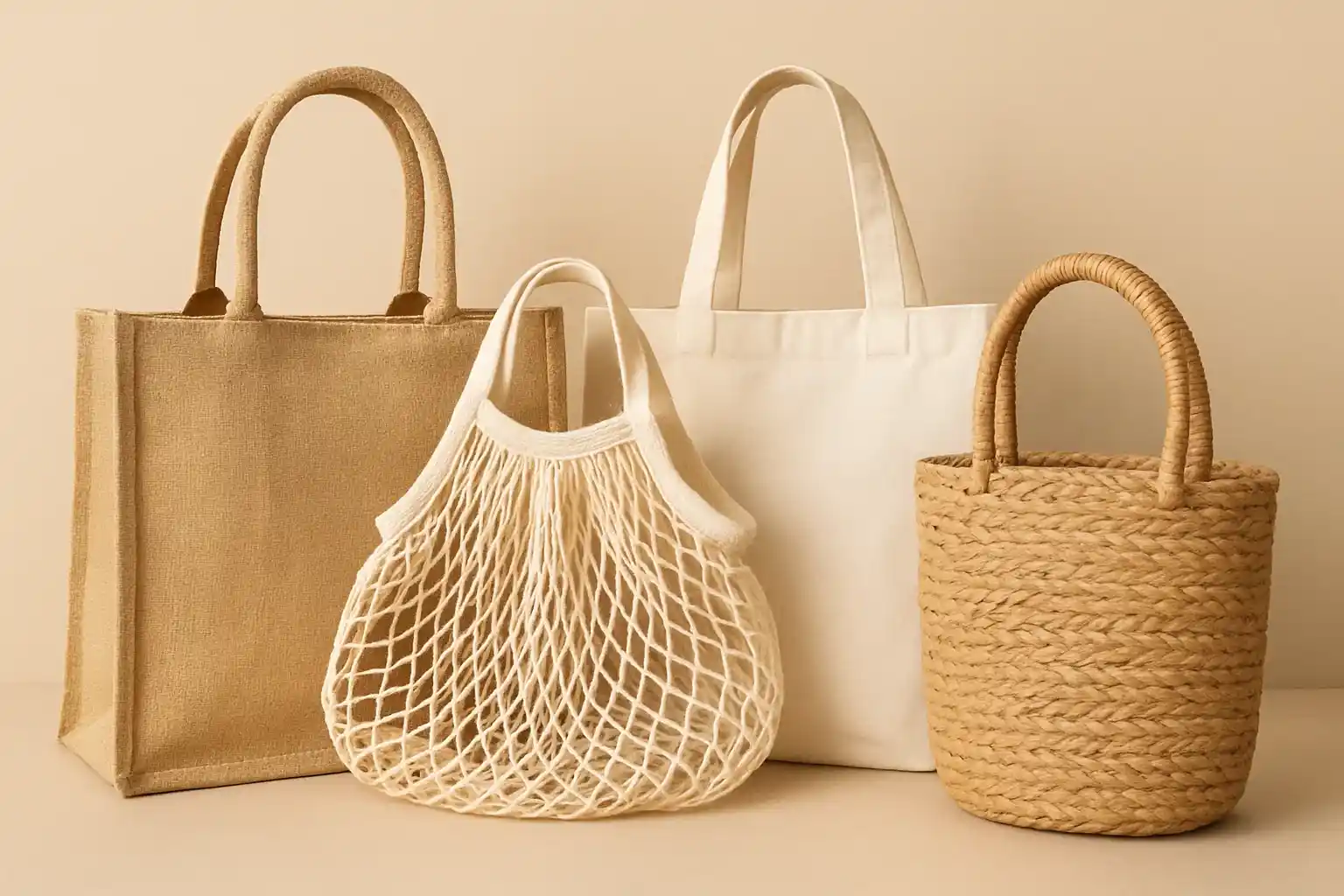
Ban the Bag: Choosing Reusable Alternatives to Single-Use Plastic Carry Bags
Support local bans and global reduction by opting for cloth, jute, or foldable reusable bags.
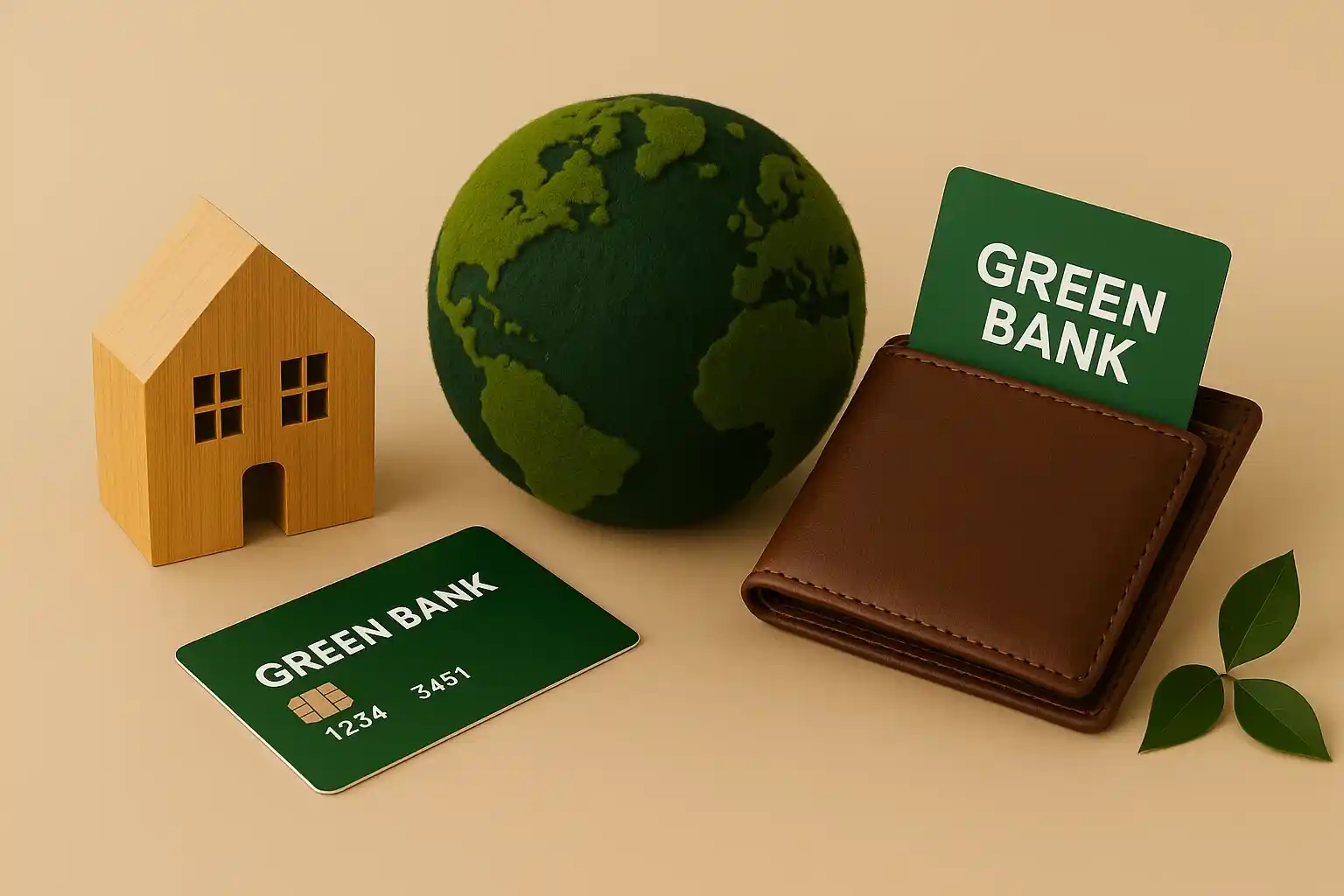
Bank for a Better Future: Choosing Ethical Finance to Power a Cleaner Planet
Finance a cleaner planet by opting for ethical banks, green investment funds, and impact fintech.
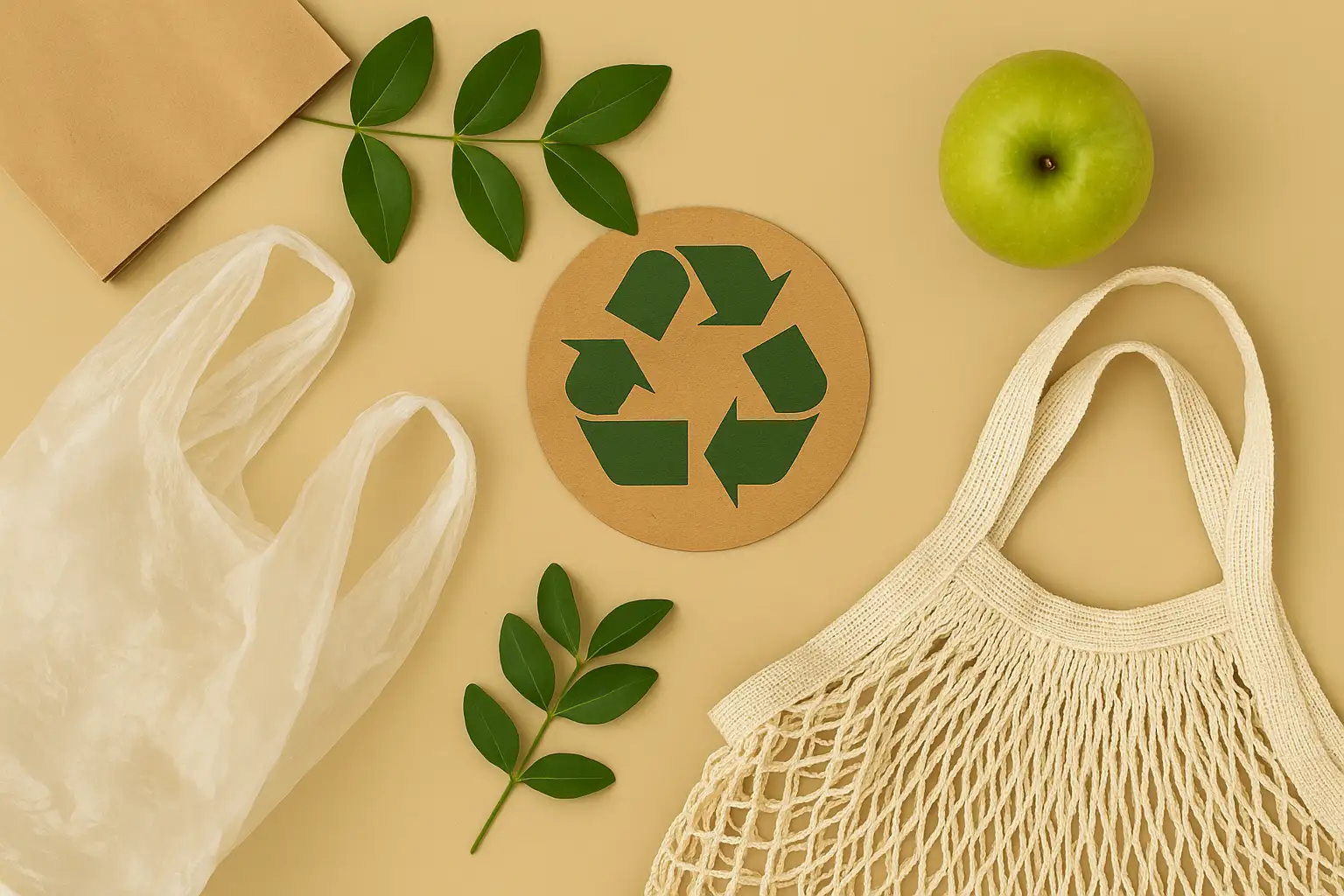
Beyond the Ban: Navigating the Post-Plastic Bag Landscape Towards True Sustainability
Insights on banning plastic bags in a sustainable way.

Powering Change: Choosing Clean Energy Alternatives to Conventional Sources
Align with energy transition policies by opting for green providers, solar, or co-operatives.
Stay in the Loop
Get tips and insights tailored to your interests — no spam, just sustainability.